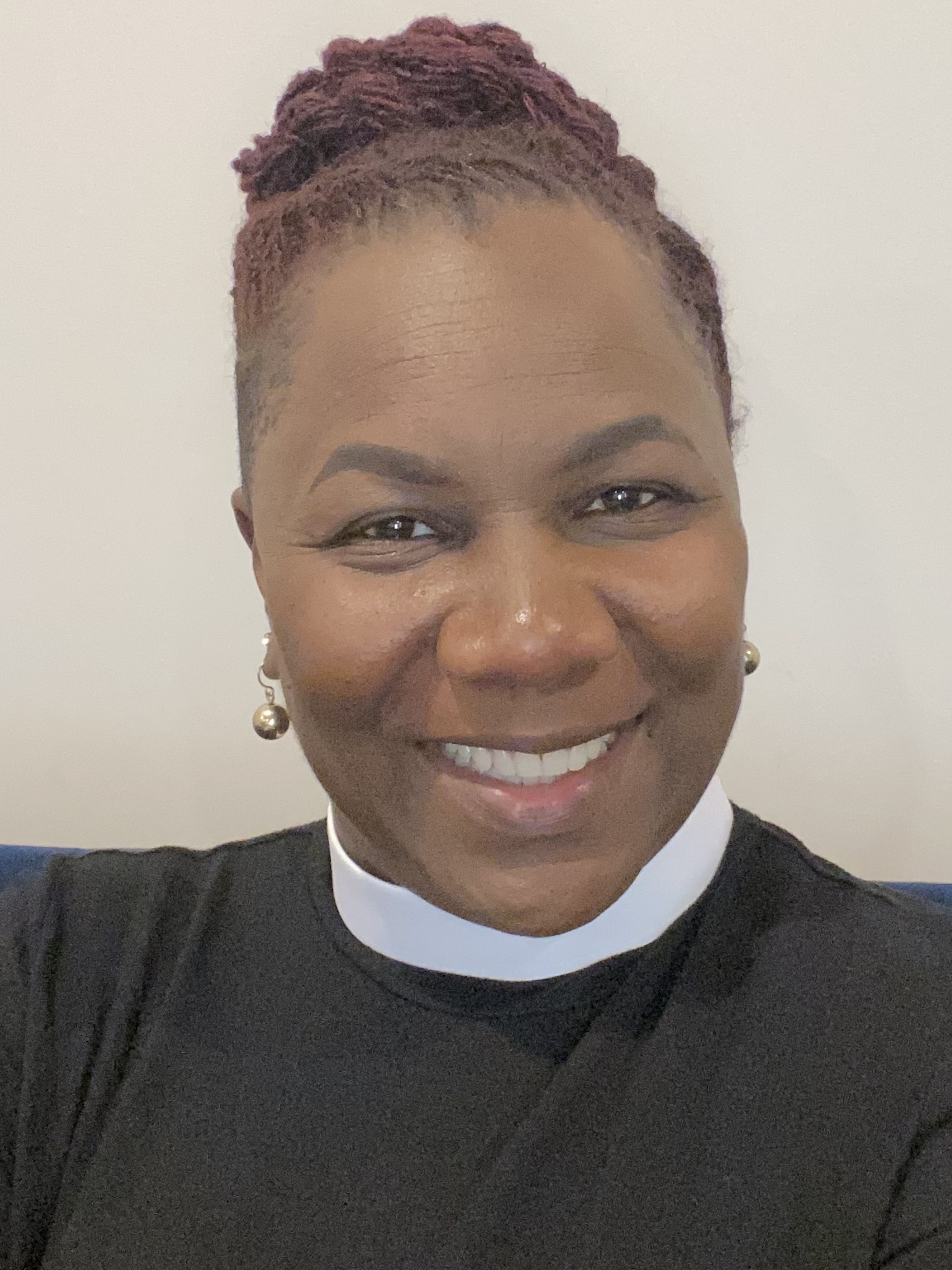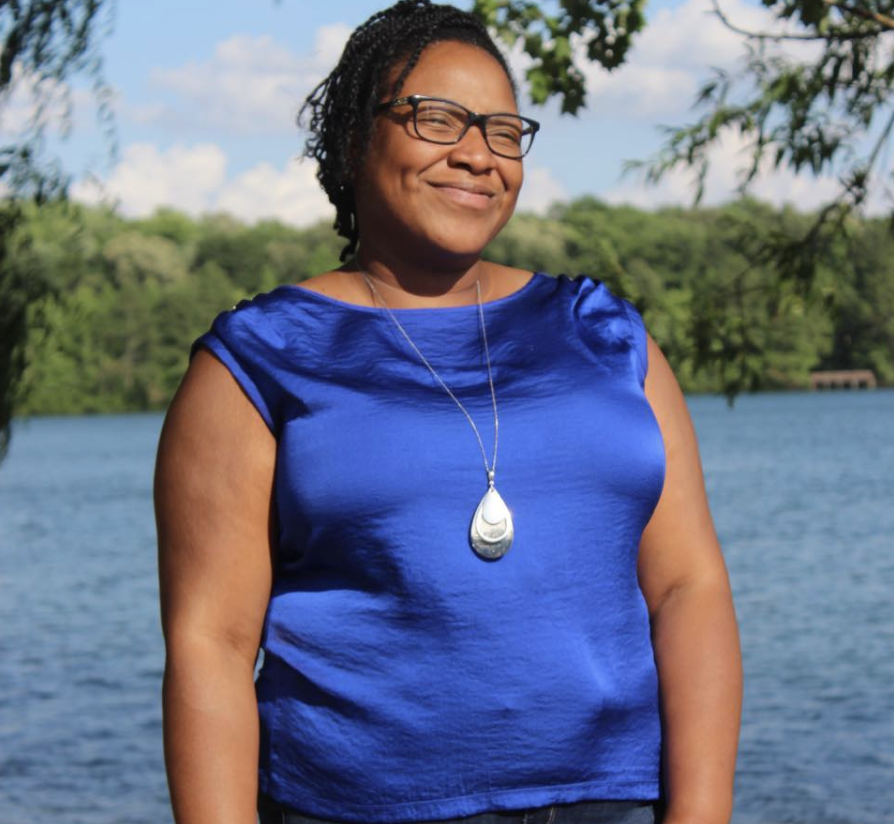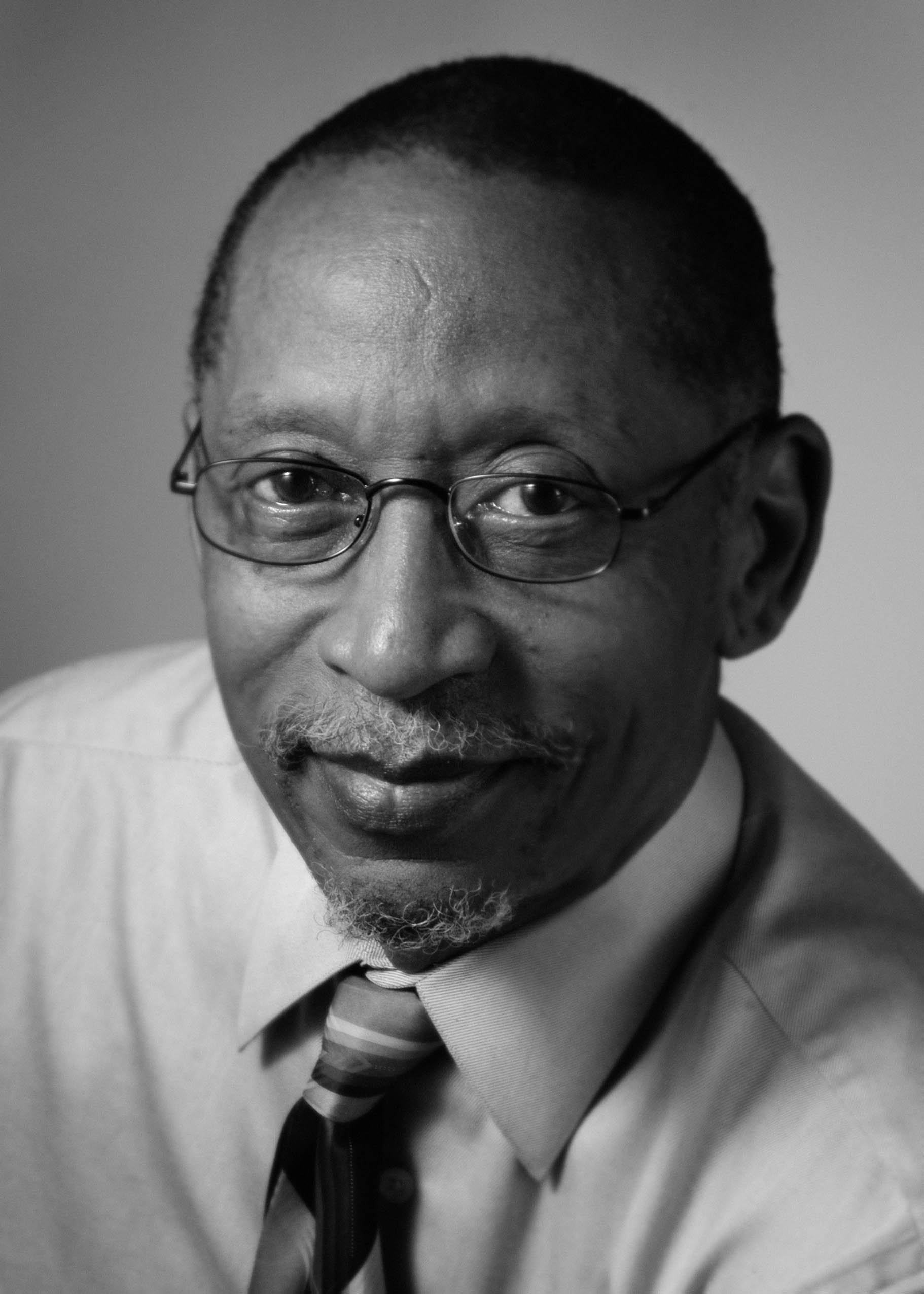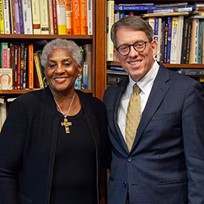Recognizing Women’s History Means Remembering The Legacies Of Our Radical Black Foremothers
By: Jenn M. Jackson
March is Women’s History Month. While most publications and narratives will feature prominent women like Susan B. Anthony, Amelia Earhart, Anne Frank, or maybe Jackie Onassis Kennedy, few will focus on the unique legacies of radical Black women whose activism pushed the church and the country to be fairer, equitable, and more just for all people.
Two such women are Mary Church Terrell and Anna Julia Cooper.
Terrell, born in 1863 – as the legal institution of slavery was coming to a slow end in the United States, was the daughter of former slaves and a woman who centered her early activism on women’s suffrage. She championed women’s organizations, becoming a founder and first president of the National Association of Colored Women in 1896. She later became a charter member of the National Association for the Advancement of Colored People. A prominent member of the A. M. E. church, Terrell fought tirelessly for the liberation of Black people until her death in 1954, just after the de-segregation victory of Brown v. Board of Education.
Cooper had a different relationship to the A.M.E. church.
Once a harsh critic of the institution, her early feminist work A Voice From the South (1892) challenged the traditional concepts of femininity and masculinity, pushed the church to devote itself to the higher education of women, and called for A.M.E. leaders to commit to women’s suffrage. Like Terrell, Cooper was committed to liberation for all people but she focused on the experiences of Black women. Her iconic statement, “only the BLACK WOMAN can say when and where I enter, in the quiet, undisputed dignity of my womanhood, without violence and without suing or special patronage, then and there the whole Negro race enters with me,” has become a rallying cry for Black Feminist movements of the current generation.
Where Terrell pushed for universal suffrage and, later, for the dismantling of the Jim Crow South, Cooper highlighted the unique experiences of oppression and exclusion faced by Black women. At the time, both women were considered radicals. Both women were seen as disruptive forces, disobedient protesters, and rebellious detractors who simply would not accept the status quo. Yet, their legacies birthed the works of women like Bishop Vashti Murphy McKenzie, member of Delta Sigma Theta Sorority, Incorporated and the first woman to be elected bishop in the A.M.E. church in the history of its existence and Dr. Melissa Harris-Perry, Maya Angelou Presidential Chair and Founding Director of the Anna Julia Cooper Center at Wake Forest University.
While neither Terrell nor Cooper had the honor of witnessing the much heralded work of their contemporaries, they seeded the vision and manifestation of radical liberation work today. They are exemplars of radical Black women’s legacies and our inevitable connectedness to the work of our foremothers without which we would have no foundations for the justice we week today.
So, today – like everyday, we must see radical Black women’s work as transcending time and calendar dates. Their work in the past and present informs our possible futures. It’s time to recognize them as the pioneers they were and are.





